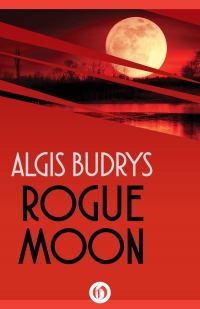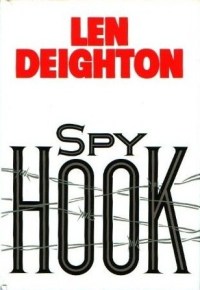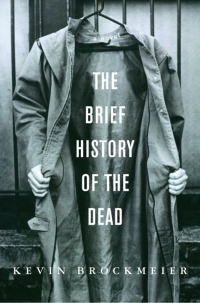Rogue Moon by Algis Budrys
 Sunday, November 21, 2010 at 11:33AM
Sunday, November 21, 2010 at 11:33AM 
First published in 1960
Rogue Moon is based on a strong premise: to explore a newly discovered construct on the moon -- a thing that keeps killing those who enter it -- scientists make a duplicate human who is kept on Earth while the original enters the construct. The original and duplicate stay in a sort of telepathic contact until the original's death, so the duplicate can chart the course up to the moment of death. The duplicate then becomes the new original, is duplicated again, and the new original makes his way a bit further before dying. In this way, a map through the construct can be created.
The execution is less satisfying than the concept. The lead scientist (Hawks), with the help of a rather disreputable personnel guy, finds a daredevil (Barker) who is capable of withstanding the psychological trauma of dying repeatedly. I wish the novel had focused more on that trauma, but the burden of dying over and over, as well as the mystery of the construct's purpose, receive little attention. The well written story instead focuses on the relationships between Hawks, the personnel guy, and Barker's girlfriend. There's nothing wrong with writing about relationships -- indeed, successful novels are about people, not just about ideas -- but I never got a good feel for Barker, for what it would be like to die again and again and again. That disappointed me a bit.
While Rogue Moon is intriguing and well worth reading, I think it is less developed than Budrys' other work, particularly Michaelmas and WHO?, both of which do a better job of combining well developed characters with intriguing ideas.
RECOMMENDED



